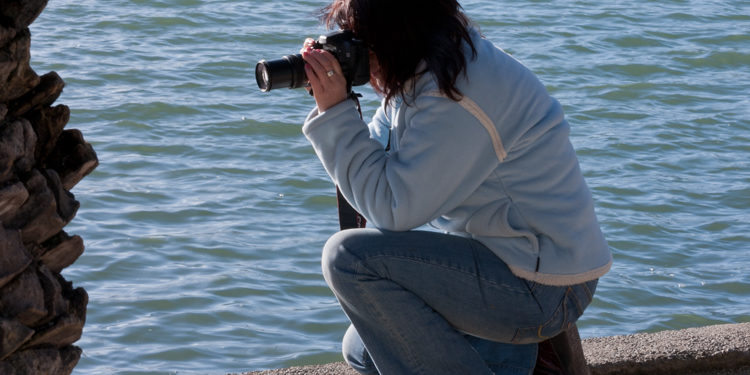With just a single snap of your camera, you can capture every memory that you have. Unlike in the past, where keeping memories can be rare, it is easier to keep a photograph. Whether you are using a traditional camera or your smartphone’s camera, you can capture every blissful moment.
Whether you are a professional photographer or merely someone who loves to take photos, capturing a picture can be more than what meets the eye. Here are some brilliant and mind-blowing photography facts that you need to know in this lifetime.
The person who first called it “photography.”
First in the photography facts list is Sir John Herschel, a British scientist who coined the term photography. It was in the year 1839, where the scientist took the name from the Greek words “photos,” which means “light” and “graph,” meaning drawing.
The origin of photography.
Sir Herschel, together with some other scientist, came up photography most fantastically. Photography came from the mix of both chemistry and optics. The main idea of photography is to capture light ways to form an image inside a machine, which is the camera. The chemistry then comes in when the image is recorded into a light-sensitive surface.
Leonardo da Vinci had his version of photography development via physics.
As we all know, Leonardo da Vinci is one of the greatest artists of all time. He is one of the best artists in the whole history of art. Did you know before photography was officially invented, da Vinci was able to predict the science in photography? He used physics to predict it.
A version of photography was invented earlier in 1826.
Although the term photography was coined 13 years after, photography was invented by a French man named Nicephore Niepce of France. In his first few images, he used a small camera and developed it in silver chloride paper. This type of paper has a photosensitive chemical that allows one to make images.
In the same year, the first photograph was made. The first three images that Niepce made were all failed, and he could not fix or preserve them. However, in another attempt, Niece succeeded and was able to take the first-ever photograph in history. The image was a view from his window located in the town of Burgundy.
The first photograph took longer to develop.
Niepce took about eight straight hours before he was able to develop his first photographed image successfully. The representation was made in pewter plated coated with bitumen, and then melted in lavender oil. The photo took eight hours for the image to fully expose, unlike other polaroids that take only a few hours.
The first portrait was made accidentally.
Unlike the first few images Niepce made, which were only images of random things, the portrait was first made by Louis Daguerre. Daguerre was an old photographer who took a picture of the Boulevard du Temple. However, he did not notice that the image included a person in it. Thus, the picture was the first-ever portrait recorded in photography history.
The Earth’s first photo was taken in 1935.
People in the past– while there are some still today– believe that the Earth is purely flat. However, in 1935, those people were proved wrong by Captain Albert Stevens. Stevens is the first person to capture Earth’s curve during his expedition from the Explorer II.
The moon’s first photo was taken in 1849.
Before, the moon can only be seen in the human eye at night. However, it was 1849 when John Adams Whipple took a photo of the moon for the first time. Whipple, together with George Phillips Bond, an astronomer, first captured an HD image of the moon. The image is displayed inside the Met.
Colored photographs were invented in 1861.
Since the invention of photography, the first few images that were taken were in black and white. Until 1861 came, when the first-ever colored photograph was made. There were three photographs taken, which were in green, red, and blue colors. Although Thomas Sutton was the person who took it in 1861, it was initially set by James Clerk Maxwell in 1855.
National Geographic introduced its first-ever colored cover image in 1959.
People were delighted with National Geographic’s first-ever colored image cover. The magazine was introduced for the July 1959 issue. The image showed a 49-star American flag, and the representation was made to honor Alaska being a new member of the United States of America.
The first aerial image was taken in 1858.
The first aerial photo was taken by Gaspard-Felix Tournachon, a balloonist and a French photographer. He was known as “Nadar” and was the first person who captured an image above the French valley called Bievre. However, the picture got lost through the years, and it was not preserved.
Takeaway
All these amazing facts about photography makes it fun to think it has developed well over the years. Although nowadays it’s easy to take a snap on your phone or high-tech cameras, it sometimes feels nice to go back in time and appreciate how it all began.


